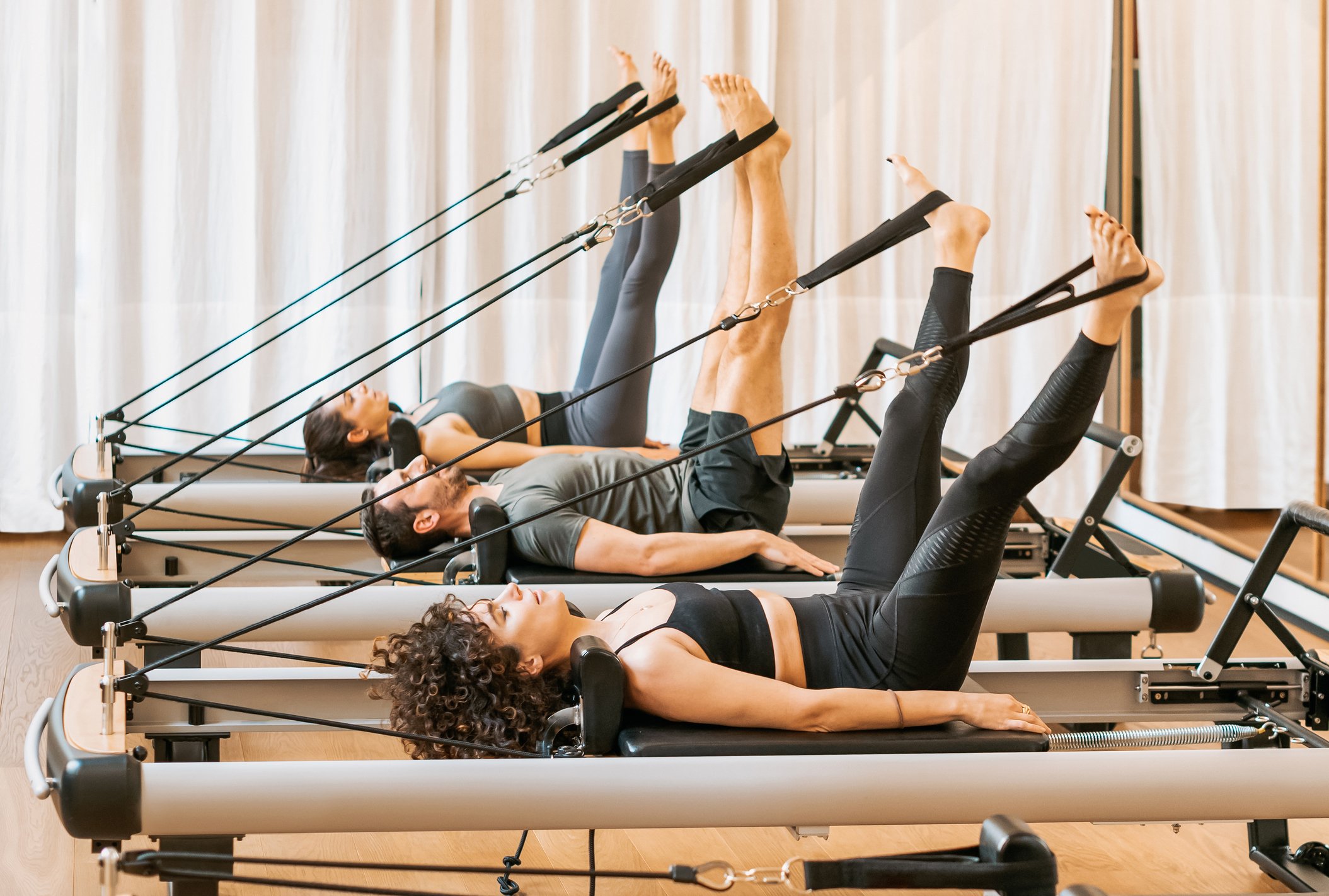This text was written by a TecMundo columnist; Learn more at the end.
“Exercise as medicine” is an analogy that sounds good but isn’t. Maybe you’ve seen the latest campaign from sports gear, specifically running gear brand Asics, which brings its sneakers to new packaging: a capsule that turns sneakers into tablets.
Although innovative and aesthetically appealing, this approach does not appear to be effective when behavioral science is taken into account. Now see why “exercise as medicine” doesn’t seem like a good way to exercise.
The first truth is to realize that exercise really works like medicine. A meta-epidemiological study including 305 randomized clinical trials concluded that exercise has similar efficacy to drug interventions for many chronic diseases. Another piece of evidence has been collected that exercise is a cure for 26 diseases. Recent research in the field of mental health shows that exercise has similar effects to antidepressant medications.
We discover and confirm every day that exercise really works as medicine to prevent and treat disease. People’s awareness of the positive effects of exercise on health has improved, but the levels of people exercising have not improved. The Lancet admitted there had been no improvement in overall physical activity levels since 2001. Why is this happening?
Medicalization of body movement
“Exercise as medicine” perpetuates the medicalization of exercise, a process in which the physical activity levels of the population are not increased because it does not make exercise in general a more interesting and attractive activity. The main obstacle people point to for not implementing them: lack of time. We will not have time for bad, boring and unpleasant things unless it is necessary.
You may have to If you are sick, taking medication to stay alive will only stop when you can. Essentially, this is what happens if we just view exercise as a medicine.
Benefits such as health, disease prevention, and weight loss may not make exercise attractive enough to compete successfully with other daily responsibilities and priorities. It’s like when we have to choose between activities in our routine: watching TV series or going to the gym; playing with children or running on the street; Read a book or ride a bike.
“Exercise like medicine” slogan
Researchers argue that “exercise as medicine” starts to go wrong when we do not incorporate other forms of body movement through physical activity when using the term exercise. Where can gardening, walking with a friend, and family bike rides be found? Adding the word “drug” doesn’t help either. According to the dictionary, medicine is something used to treat or prevent diseases. Who takes medicine? Who is sick.
Despite the epidemic of chronic diseases, perhaps those without a clear diagnosis may be unimpressed by the message of taking a dose of medicine through physical activity. Actually, this is another line of criticism: If exercise is medicine, how come we know so little about the ideal dose?

In fact, taking medication does not merely reflect a prescription from a medical professional telling you to take something that tastes bitter or sometimes experiencing a painful experience such as an injection; but it is also something that is essential for your health, something that we do not have the opportunity to choose with our own will..
exercise motivation
Since exercise arises from an external reason (coming from outside) and therefore from poor quality motivation, we cannot be expected to continue it throughout our lives. Researchers argue that exercising for health benefits, like medicine, medicalizes behavior and reflects normative pressures toward what is idealized in our culture, making exercise a moral obligation and something we “should” do.
“We must” and “we want” are different. Although common sense tells us that we should do things we don’t like, when it comes to exercise this is bad. Feeling under control of a behavior rather than feeling autonomy over it puts pressure on individuals, which actually harms the behavior because it is not good quality motivation. To keep exercise in your life, you have to go beyond the feeling of “duty” and want it.
We suffer from a cognitive bias called hyperbolic discounting. In this, we value immediate benefits more than later benefits. This is why exercises performed solely for health are weak in terms of motivation, since we have to strive every day for a benefit that is far from visible.
We managed to internalize in people’s consciousness the importance of exercise for health, a necessary process in which “exercise as medicine” played a role. But we are not just rational. To thrive, it is especially important to encourage physical activity as a way to generate pleasure, given that most adults live busy, hectic and hectic lives, and if it is good, they can probably incorporate exercise into their lives.
I point out that there is an overlooked relationship between self-compassion and physical activity. Self-love gives people permission to engage in activities that are enjoyable to them, which includes choosing the method, at a level of effort that is comfortable to maintain. Researchers agree that encouraging physical activity as enjoyable and personally meaningful is an underutilized but scientifically supported strategy for motivating people.
Extrinsic motives, such as the pursuit of health and the medical effect of exercise, lead to lower psychological well-being compared to intrinsic motives such as pleasure and well-being. Rather than exercising as a medicine, physical activity that enhances pleasure and well-being is a necessary change. When we look at the history of our own species, we see that physical activity has never become a drug, but has undergone this transformation as we restrict our movements and suffer the consequences of sedentary behavior combined with physical inactivity.
If “exercise as medicine” worked to motivate people to exercise, perhaps we would have more gyms than pharmacies in our neighborhoods. Medicines improve health, exercise improves health. Exercise as medicine indicates disease rather than health. Physical exercise is more than medicine.
***
Fábio Dominski He holds a PhD in Human Movement Sciences and a degree in Physical Education from Santa Catarina State University (UDESC). He is a university professor and researcher at the Laboratory of Sport and Exercise Psychology (LAPE/UDESC). he is doing scientific dissemination on social media there podcast available on Spotify. Author of Physical Exercise and Science – Facts and Myths.
Source: Tec Mundo
I’m Blaine Morgan, an experienced journalist and writer with over 8 years of experience in the tech industry. My expertise lies in writing about technology news and trends, covering everything from cutting-edge gadgets to emerging software developments. I’ve written for several leading publications including Gadget Onus where I am an author.













